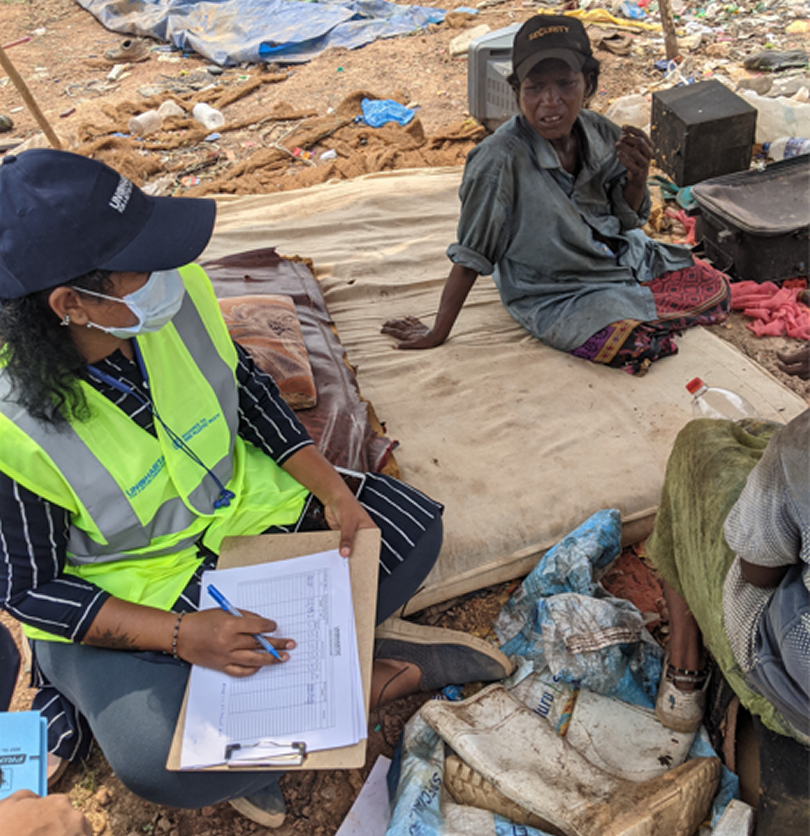Mangaluru, India, 10 August 2021 – The Mangaluru City Corporation (MCC) – the city’s urban body - and more than half a million residents of this southern India city will next month benefit from concrete policy and investment recommendations on how to tackle the burdening solid waste management.
United Nations Sustainable Development Goals 2030 specifically call for supporting cities in undertaking a comprehensive diagnostic of municipal solid waste to aid scientific and evidence-based development of projects and investments.
“Greenhouse gas emissions from waste management activities and their contribution to climate change is one of the critical environmental concerns,” said Parul Agarwala, UN-Habitat India Country Programme Manager.
“This project aims to increase the capacity of city functionaries with technical knowledge and expertise in solid waste management to support with data and aid local area planning, budgeting and implementation of waste management solutions,” she added.
Under the auspices of the “Waste Wise Cities: Tackling Plastic Waste in the Environment” project, funded by the Alliance to End Plastic Waste, UN Habitat’s India office has used the proprietary Waste Wise Cities Tool (WaCT) to help Mangaluru conduct proper surveys and assessments.
The assessments have identified four actions areas: awareness and capacity building; decentralised resource recovery; improvement of disposal site operations; and circular investments.
Resource recovery and circular economy refer to better recycling and waste management processes to minimise the financial and environment cost of waste management. Collecting reliable waste management data is critical in creating policy and planning for the local context. Understanding how much waste is generated, as well as the types of waste being generated, allows city municipalities to select appropriate management methods and plan for future demand.
“The data generated after the application of WaCT will help the city in preparing a clear-cut roadmap of solid waste management on the principles of circular economy to tackle the problem of municipal solid waste in the years to come,” said Akshy Shridhar, Mangaluru city commissioner.

UN-Habitat’s India team conducted a detailed ground assessment study in the city in April, using WaCT. A sample size of 90 households from high, middle- and low-income groups participated in the study.
Following the assessment, the data was analysed and presented to the city stakeholders in an online consultation workshop on June 29th. Mangaluru generates 391 tonnes per day (TPD) of municipal solid waste, of which 110 TPD go for resource recovery through formal and informal facilities. Over 30 such facilities were mapped by UN-Habitat India team.
In addition to its local implications, the Mangaluru project can set the tone for larger-scale and nationwide projects across India. As per the 2019-20 Annual Report of the Central Pollution Control Board, India generates 55.5 tonnes per annum (TPA) of municipal solid waste only 33 per cent of which is getting processed. The unaccounted waste is littered in streets or lands up in dumpsites. There are presently 3159 open dumpsites in the country which are a major source of groundwater contamination and air pollution.
Following the project in Mangaluru, UN-Habitat’s India team is expected to initiate a similar project in the coastal city of Thiruvananthapuram, capital of the southern state of Kerala. Results from the two projects will likely be grouped into a set of recommendations to be delivered to federal authorities.